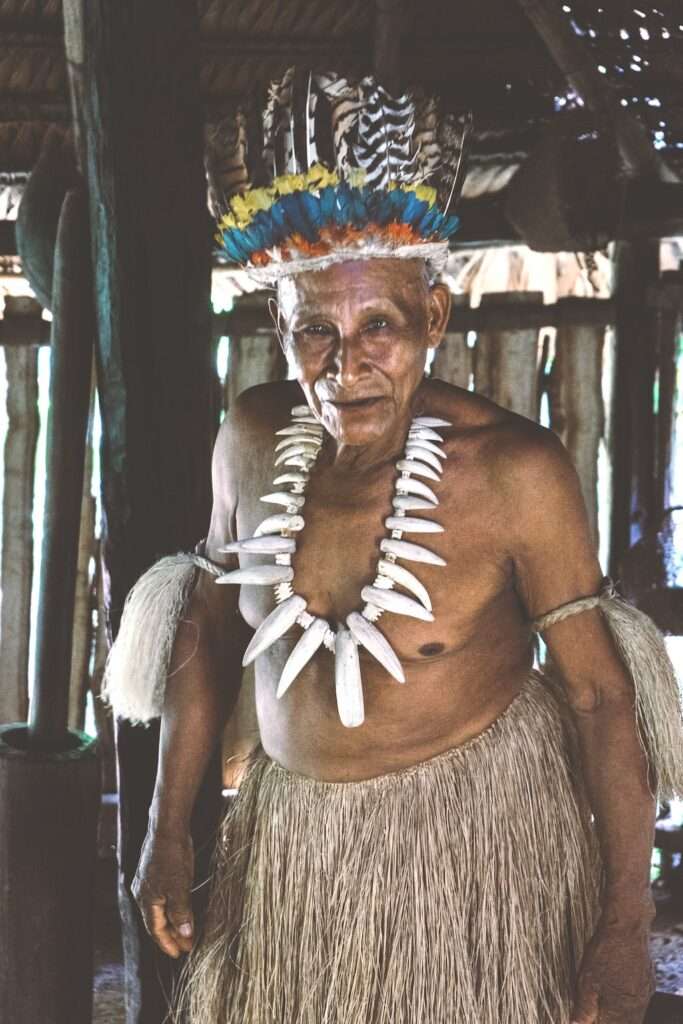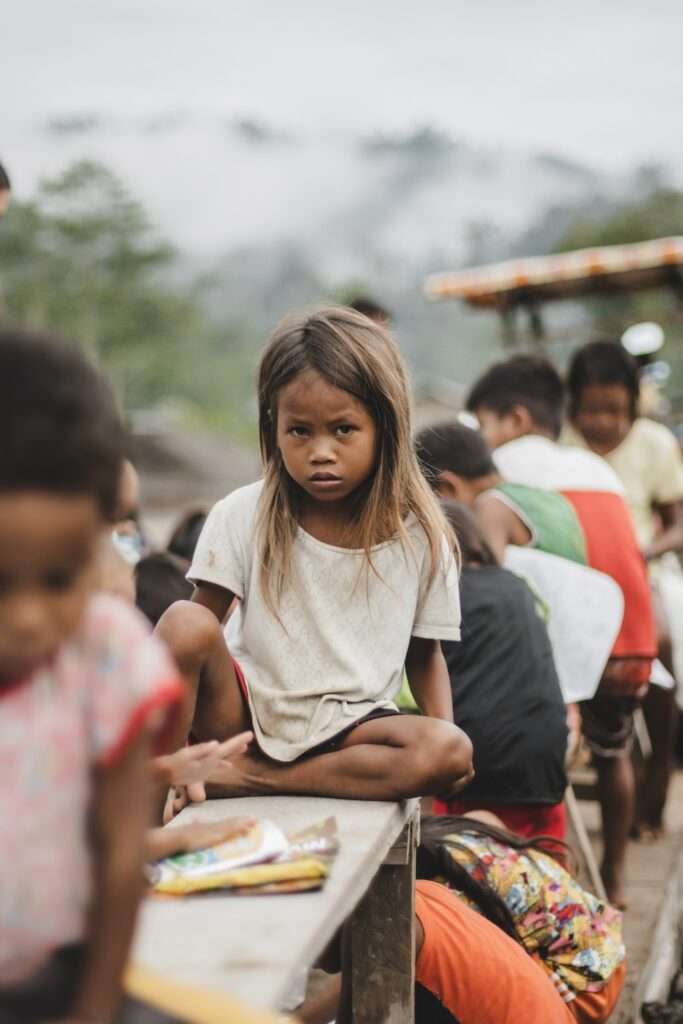As New York Climate Week gets underway, the People’s Forests Partnership has announced the Equitable Earth Coalition aimed at stopping and reversing deforestation and biodiversity loss via efforts to standardize the voluntary carbon market.
“As a longtime champion of trustworthy and accessible carbon markets, we are excited about a process that centers Indigenous Peoples and local communities,” Michael Jenkins, CEO of Forest Trends said in a statement. “We believe this fills a major gap in the carbon ecosystem. Forest Trends is glad to support the Equitable Earth approach, and we look forward to seeing it deliver on its goal of rapidly scaling direct climate finance to communities on the front lines of efforts to safeguard forests.”
Forest Trends, which crafts innovative financial and market-based mechanisms to aid in the preservation of forests and other environmental entities, says the new coalition’s carbon market strategy is firmly rooted in community involvement, especially spotlighting Indigenous Peoples, local communities, and nations in the Global South. The group is collaborating closely with forest communities, fostering economic self-determination and cultural integrity.
At the helm of this venture are other prominent organizations such as Wildlife Works, recognized for its community-centered wildlife conservation initiatives since its inception in 1997. This organization has steadfastly advocated that the protection of wildlife and wilderness should be mutually beneficial to the local communities sharing their habitats. Likewise, Everland has joined the coalition with its vision to facilitate transformative investments into communities leading the charge against deforestation and climate change, thus fostering climate change mitigation for the collective benefit.

Beto Borges, who serves as the Director of the Forest Trends Communities and Territorial Governance Initiative, encapsulates the urgency of the matter. “The voluntary carbon market can help address forest loss at its root, by providing essential finance to Indigenous Peoples and local communities to make conservation a viable development path. But the market has not been designed to meet the needs of the communities on the ground, who hold the key to reducing emissions from deforestation. A fit-for-purpose solution is needed now. Forests are being destroyed and we have run out of time.”
Taking a strategic position, Borges is set to chair the Equitable Earth Indigenous Peoples & Local Communities Advisory Group. This assembly will comprise several esteemed members, including Francisca Arara who says the coalition hopes to see a carbon standard for forest and biodiversity conservation “that respects the rights of Indigenous Peoples and ensures equitable participation and direct financing, recognizes our land and carbon rights, and free, prior, informed consent (FPIC), and which also adheres to the United Nations Declaration on the Rights of Indigenous Peoples and recognizes our traditional knowledge.”
Joining in the sentiment, Gustavo Sánchez Valle welcomed the construction of Equitable Earth. “[W]e believe that a standard for community carbon projects and other ecosystem benefits is required that is built from the beginning with the participation of representatives of Indigenous Peoples’ organisations, local communities, tribal peoples and Afro-descendants,” he said.

The coalition aspires to develop a voluntary carbon market standard and platform that nurtures transformative finance, transparency, and science-backed strategies, focusing on a holistic approach to forest stewardship and conservation. It intends to harmonize with national forest carbon programs to further global climate commitments.
With plans to expand its reach and impact, the coalition is engaging in consultations with a diverse array of stakeholders encompassing Indigenous Peoples and Local Community (IPLC) leaders, project developers, and scientific experts, among others.
According to the coalition, forest communities hold the solutions to protecting the world’s most biodiverse ecosystems yet only one percent of global climate finance is reaching Indigenous People.
“The Equitable Earth initiative is strategic to bring security and reduce pressure on communities, fills a gap and defines necessary rules to value the contribution of communities in controlling deforestation in the Amazon,” said Mary Allegretti, anthropologist and President of the Institute of Amazonian Studies.
Júlio Barbosa de Aquino, extractivist, cousin of Chico Mendes and President of the National Council of Extractivist Populations (CNS), says the initiative will allow the groups to get closer to the reality “of the traditional peoples and communities of the Amazon.”
Related on Ethos:


